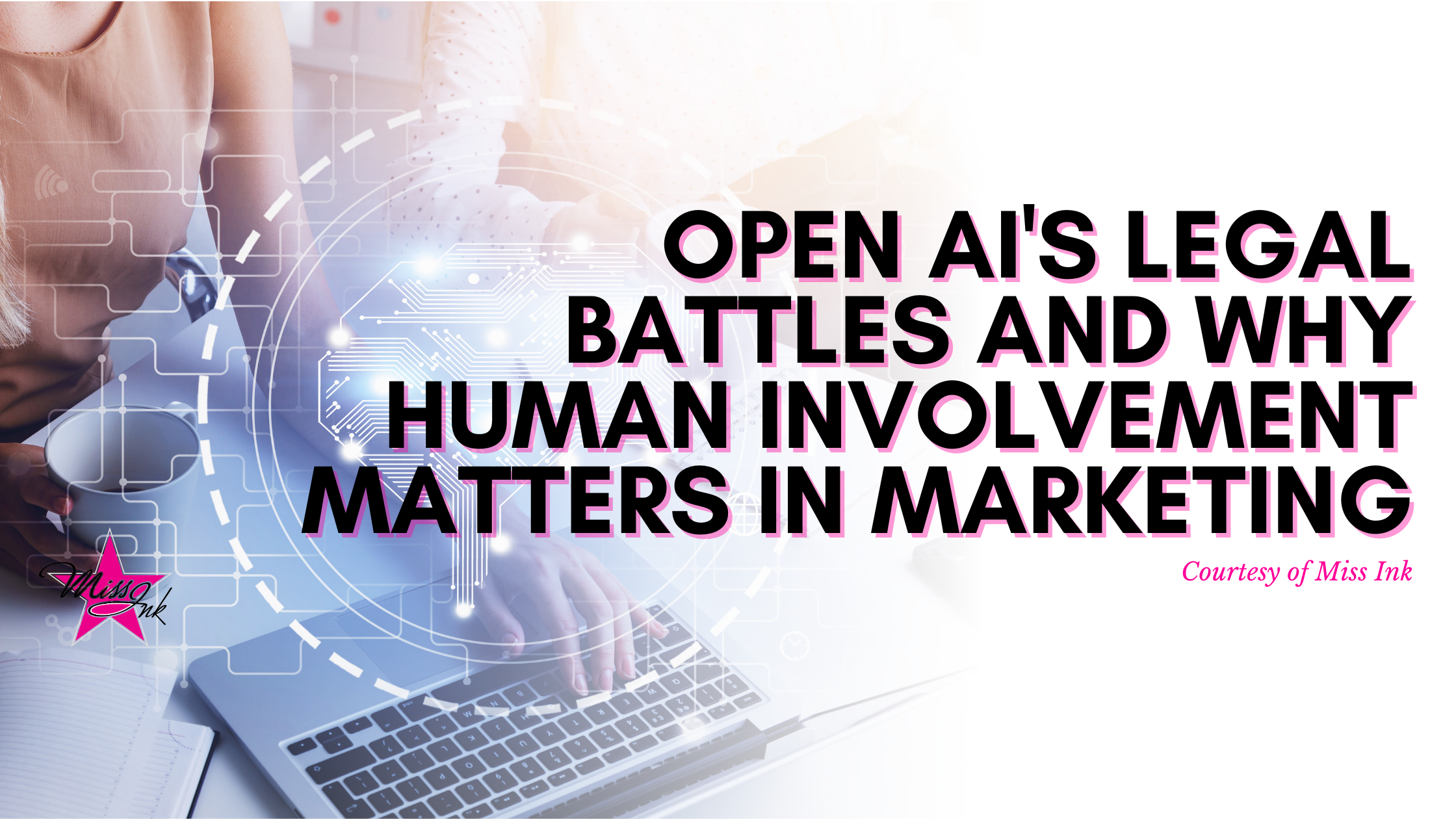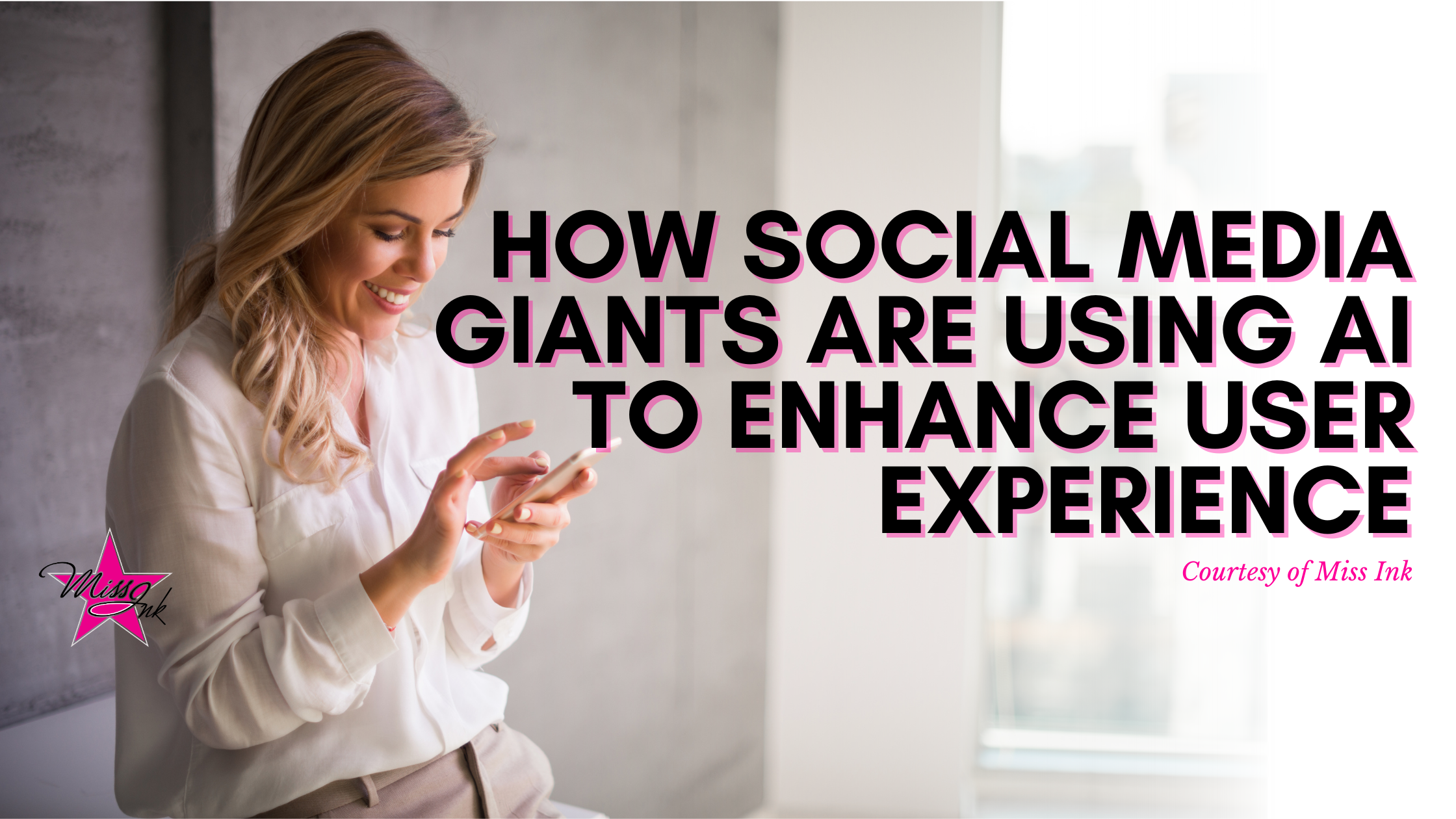- Reputation Damage: The lawsuits could damage OpenAI’s reputation and trust among users, partners, and investors.
- Increased Scrutiny: Regulators may closely scrutinize OpenAI’s practices, leading to stricter rules and compliance requirements for AI companies.
- Data Usage Changes: If using copyrighted data to train AI models is deemed copyright infringement, OpenAI, and other AI companies may need to adjust how they gather and use data.
- Business Relationships: Companies using ChatGPT or other OpenAI products may reconsider their relationships to protect their reputations and users’ privacy.
- Brand Messaging: AI may lack the ability to understand your brand’s unique voice, values, and personality, potentially leading to inconsistent or inappropriate messaging.
- Copyright Infringement: Relying solely on AI for content creation may inadvertently lead to copyright violations, as demonstrated by the ongoing lawsuits against OpenAI.
- Sharing Misinformation: AI models can be susceptible to spreading misinformation if not fact-checked by humans, which could harm your brand’s credibility.
- Privacy Concerns: Depending solely on AI for data collection and usage may raise privacy concerns among your customers, especially when sensitive information is involved.


